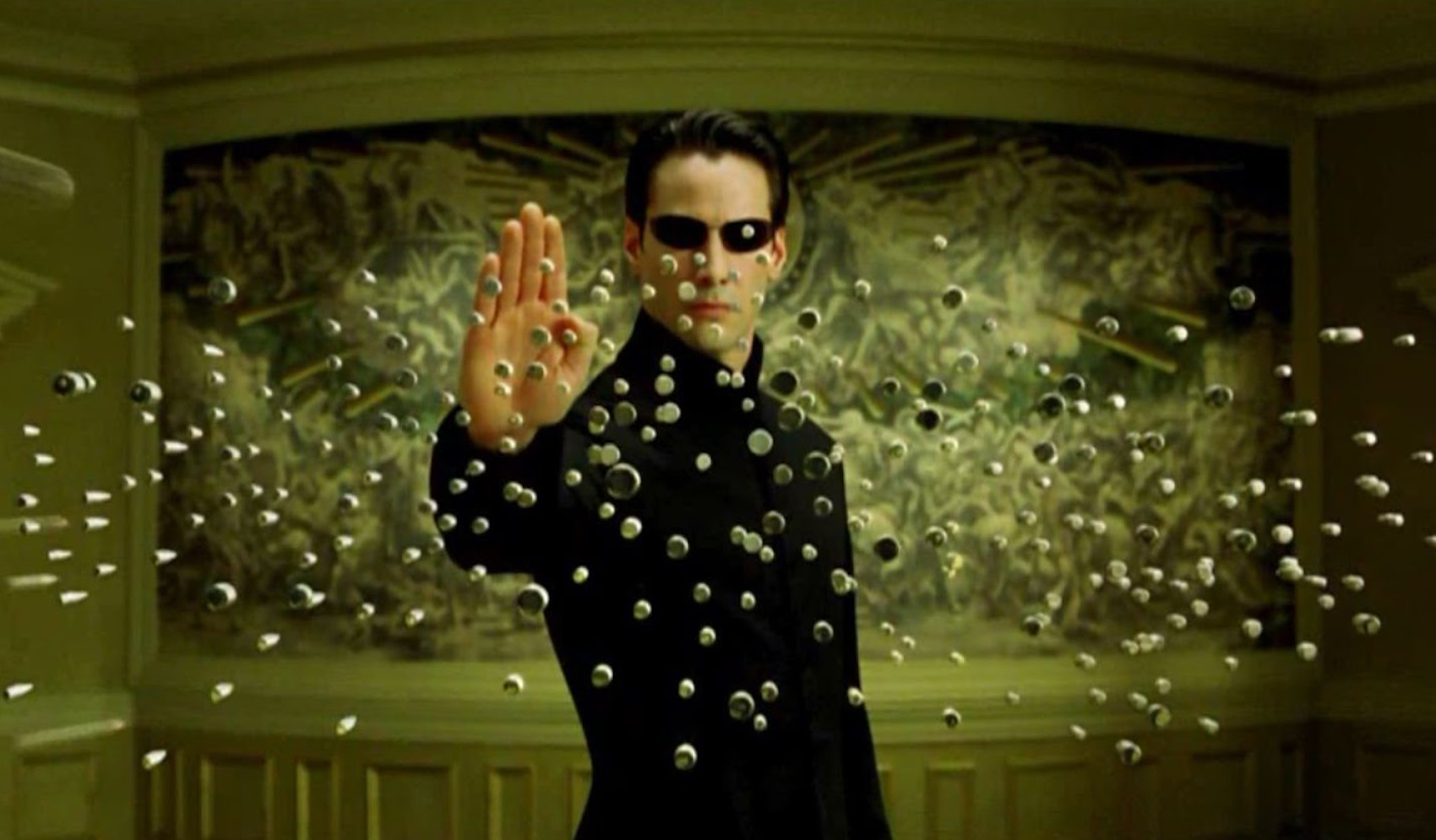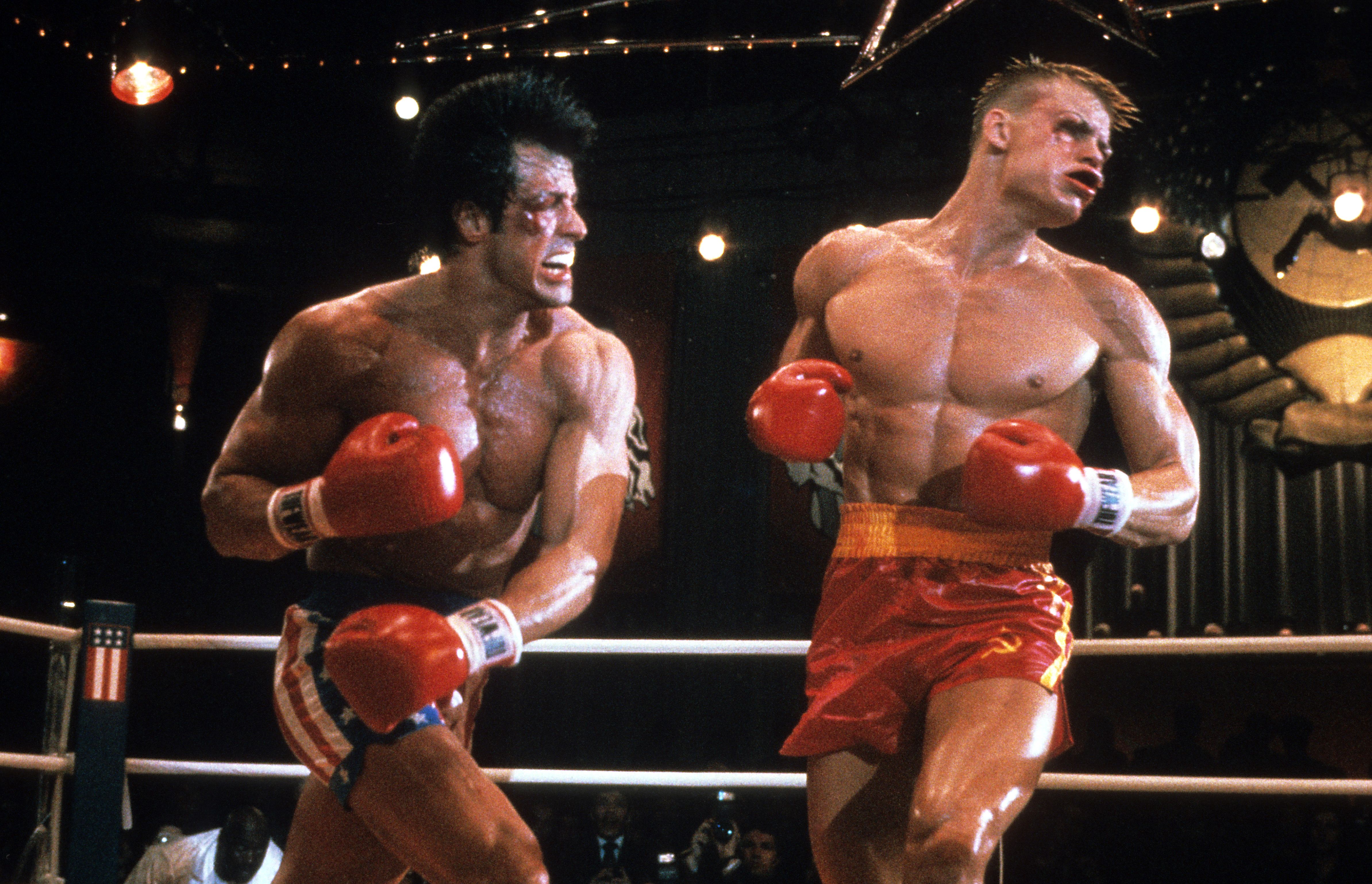The world of rock has lost one of its most distinctive figures. Ace Frehley, the legendary guitarist who helped define the sound and style of Kiss, passed away at the age of 74, leaving behind a monumental legacy that transformed the history of hard rock and inspired generations of musicians.
The announcement of Frehley’s demise triggered a wave of sorrow among admirers and fellow musicians worldwide. Recognized for his distinctive “Space Ace” character and his powerful guitar solos, Frehley was not merely a co-founder of Kiss; he was the innovative force that launched the group from the New York club circuit to international fame. His departure signifies the conclusion of an epoch for rock music and for countless devotees who were raised on the band’s memorable makeup, thrilling shows, and defiant spirit.
The rise of a rock icon
Paul Daniel Frehley, born on April 27, 1951, in the Bronx, New York, grew up in a working-class household where music and artistic expression were highly valued. From a young age, Frehley displayed an innate aptitude for the guitar, learning to play by ear and drawing inspiration from prominent figures in blues, rock, and rhythm and blues. His distinctive approach blended melody and distortion in a manner that was difficult to imitate, and by the early 1970s, his technical prowess and captivating stage presence were already gaining recognition within New York’s burgeoning rock community.
In 1973, when Frehley answered an ad placed by bassist Gene Simmons and rhythm guitarist Paul Stanley, the chemistry was immediate. Along with drummer Peter Criss, they formed Kiss — a band that would go on to revolutionize the music industry with its theatrical performances, pyrotechnic shows, and unmistakable visual identity. Frehley’s input was instrumental in shaping the band’s sonic direction, contributing not just as a guitarist but also as a songwriter and performer who brought depth to the group’s larger-than-life image.
His guitar work on songs like “Shock Me,” “Cold Gin,” and “Parasite” became the stuff of legend. The use of custom Les Paul guitars fitted with smoke bombs and light effects turned his solos into visual spectacles, elevating Kiss concerts into experiences that blurred the line between music and performance art.
Artistic brilliance and individual challenges
While Frehley’s artistic talent was clear, his tenure with Kiss was also characterized by internal strife, fatigue, and challenges related to celebrity. The 1970s proved to be a tumultuous period for the ensemble, featuring consecutive tours, constant media attention, and the demand to perpetually surpass their previous achievements. Frehley, who frequently favored concentrating on the musical aspect over the theatrical display, found himself in disagreement with the band’s progressively commercial trajectory.
Despite internal tensions, his contributions remained essential. In 1978, Kiss released solo albums from each of its members, all under the Kiss brand — and it was Frehley’s record that received the most critical and commercial success. His single “New York Groove,” a cover of the Hello song, climbed the charts and became one of his signature hits, reaffirming his individual talent beyond the Kiss persona.
However, the fast-paced lifestyle of touring, recording, and constant public attention took a toll. Frehley struggled with substance abuse and fatigue, leading to his departure from Kiss in 1982. It was a difficult separation for both the band and its fans, as Frehley had been one of its original creative forces. Yet, his exit allowed him to pursue his own musical path, where his passion for raw, guitar-driven rock could flourish without compromise.
Reinventing the Space Ace
After leaving Kiss, Ace Frehley launched his solo career, forming the band Frehley’s Comet in 1984. His new project quickly gained traction, with albums like Frehley’s Comet (1987) and Second Sighting (1988) showcasing his distinctive guitar sound and songwriting style. Though he never reached the commercial heights of Kiss, Frehley earned respect as a solo artist committed to authenticity and musical freedom.
His live shows were intimate yet powerful, offering fans a closer look at the man behind the “Space Ace” makeup. Frehley’s performances were fueled by passion and gratitude, often including heartfelt stories from his early days and anecdotes about his time in Kiss.
In the years that followed, he became something of a cult hero within the rock community — an emblem of perseverance, individuality, and the unfiltered spirit of rock ‘n’ roll. He continued releasing albums into the 2000s and 2010s, such as Anomaly (2009) and Spaceman (2018), both of which were praised for capturing the raw energy that defined his early work.
The enduring impact within and outside of Kiss
Ace Frehley’s impact on rock guitar is vast. His melodic style, innovative application of effects, and the equilibrium he struck between technical prowess and emotional delivery served as inspiration for numerous musicians. From Slash (Guns N’ Roses) to Dave Grohl (Foo Fighters), various artists have acknowledged him as a pivotal figure in shaping their musical journeys.
Beyond his musical contributions, Frehley’s influence was profound. He was instrumental in defining the rock star archetype as a celestial, dramatic personality—a position that blended musical talent, enigma, and visual narrative. His “Spaceman” identity achieved iconic status in rock lore, influencing not just guitar players but also creatives in the fields of fashion, design, and cinema.
In 1996, after nearly 15 years apart, the original Kiss lineup reunited for a world tour. For millions of fans, it was a dream come true — a chance to see the four original members together once again in their full makeup and glory. Frehley’s return brought authenticity and nostalgia to the band’s performances, proving that his chemistry with Stanley, Simmons, and Criss was still magnetic.
Despite his eventual departure from Kiss once more in the early 2000s, Frehley cultivated amicable connections with his previous bandmates in subsequent years, conveying appreciation for the heritage they collectively established.
Homages from the {{music}} industry
After news of his passing broke, accolades flooded in from all corners of the music world. Paul Stanley characterized Frehley as “a rock brother whose guitar revolutionized everything.” Gene Simmons called him “a visionary whose musicianship was the core of our sound.” Admirers congregated outside the initial locations where Kiss made their debut, placing flowers, candles, and classic mementos in his memory.
Younger musicians also contributed to the wave of tributes. Tom Morello, recognized for his involvement with Rage Against the Machine, described Frehley as “a trailblazer who demonstrated that attitude and creativity could coexist.” Artists from groups such as Metallica and Foo Fighters recounted how Ace’s guitar riffs motivated them to start playing the instrument.
Even outside the rock world, tributes emerged. The Bronx borough, where Frehley was born, projected images of his “Spaceman” persona onto the walls of the borough hall, celebrating him as one of the area’s most iconic cultural exports.
A timeless legacy of sound and spirit
Ace Frehley’s passing is more than the loss of a musician — it’s the closing of a chapter in rock history. Few artists have embodied the raw excitement, rebellion, and imagination of the genre the way he did. His music continues to inspire both veteran fans and young listeners discovering the magic of classic rock for the first time.
His artistic talent serves as a global reminder that music, fundamentally, revolves around connection — the very spark that ignites when melody, rhythm, and feeling converge. Frehley’s guitar provided that spark for countless individuals, illuminating venues and leaving behind reverberations that will endure for many decades.
Though he may be gone, his influence endures in every chord that carries his spirit forward. From the thunderous energy of Kiss’s early albums to his solo explorations of sound and style, Ace Frehley’s contribution to music remains eternal — proof that true rock legends never fade; they simply ascend to another stage.


